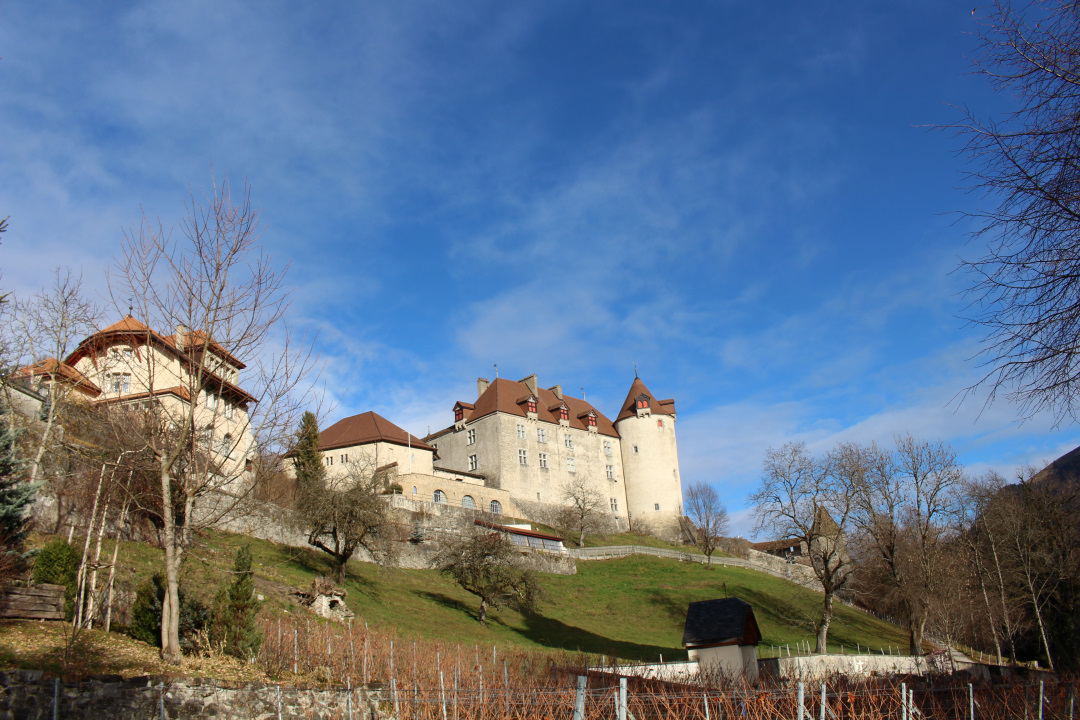By Peter Ungphakorn
POSTED AUGUST 29, 2020 | UPDATED JANUARY 10, 2021
News that Britain wanted to renegotiate a deal struck in the Brexit Withdrawal Agreement on geographical indications — names such as Scotch whisky, Melton Mowbray pies, Cognac and Roquefort cheese — has triggered a discussion about what exactly was agreed, what wasn’t included and why not.
A report in The Guardian (echoing some earler reports) said the EU was “flabbergasted” that the UK wanted to water down the deal on geographical indications. “It’s just not going to happen,” the report quoted an EU official as saying.
Continue reading “Will ‘Melton Mowbray’ stay protected in the EU after the Brexit transition?”



